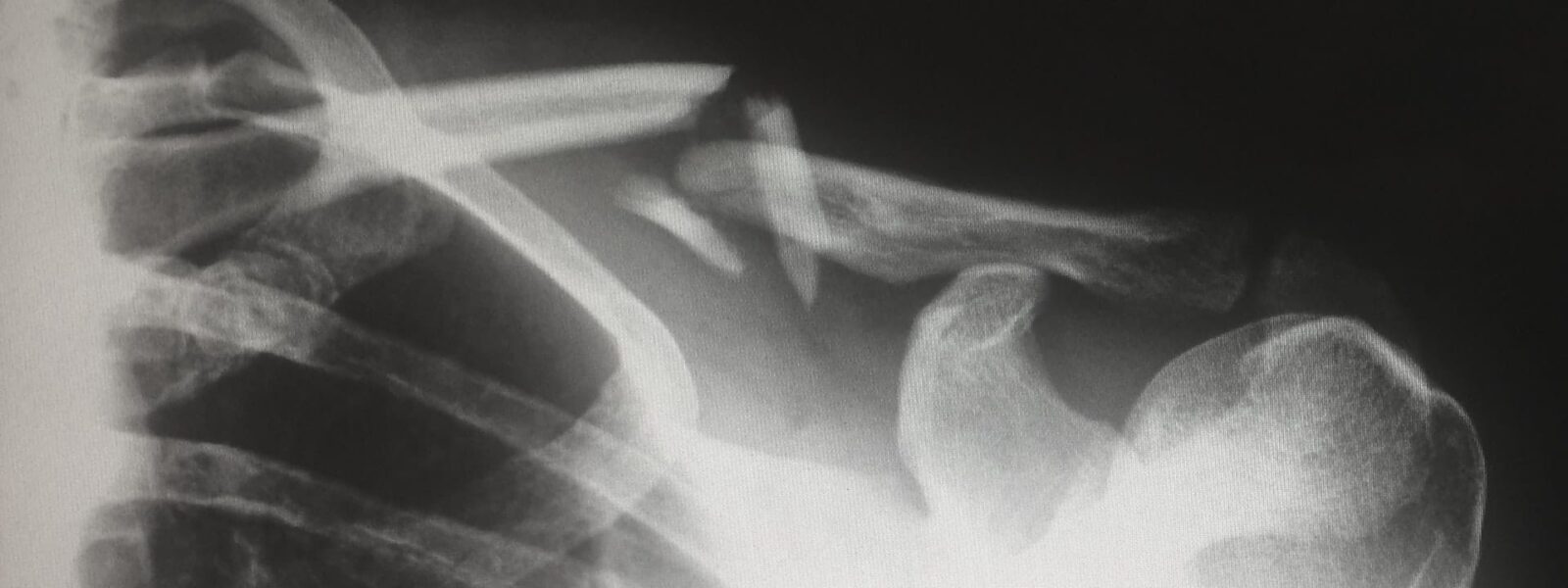Grievous bodily harm (GBH) is a serious criminal offence. If you’re facing a GBH charge, you likely have several questions regarding the different types of GBH charges and any potential defences you can use. In this article, our solicitors explain everything you need to know.
If you’re a victim of GBH, you must contact the police immediately on 999. However, if the police charged you with GBH, please call our criminal defence solicitors on 0203 007 5500.
GBH meaning.
Grievous bodily harm (GBH) is when someone intentionally or recklessly inflicts serious bodily harm on someone else. Common examples include:
- Causing a visual disfigurement. For example, a broken leg, fractured skull, and even a psychiatric injury that’s presented itself visibly.
- Striking someone with a blunt object. For example, a baseball bat.
- Attacking someone with a sharp object. For example, a knife.
- Deliberately running over someone with a vehicle.
- Acid attacks.
What is the difference between GBH and ABH?
Both grievous bodily harm (GBH) and actual bodily harm (ABH) are criminal offences, but what is the difference?
ABH
ABH are injuries that are serious but don’t cause permanent injuries to the victim. Some common examples of ABH injuries include:
- Extensive or multiple bruising
- Temporary loss of consciousness
- Cuts and slashes that are less severe than wounding
- Minor bone fractures
GBH
On the other hand, GBH is a highly serious injury that can have a permanent impact on the victim, such as:
- Broken bones
- Serious disfigurement
GBH charge.
 GBH is not taken lightly in the eyes of the law. Therefore, the maximum charge for a GBH crime can be life imprisonment. The charge you face depends on whether your case comes under a Section 18 offence or a Section 20 offence. But, what is the difference between a Section 18 offence and a Section 20 offence?
GBH is not taken lightly in the eyes of the law. Therefore, the maximum charge for a GBH crime can be life imprisonment. The charge you face depends on whether your case comes under a Section 18 offence or a Section 20 offence. But, what is the difference between a Section 18 offence and a Section 20 offence?
Section 18 offence.
A Section 18 offence is when the offender intentionally injured the victim. However, it’s challenging to prove that the offender’s actions were intentional.
Example:
The offender picked up a baseball bat and hit the victim around the head, which fractured the victim’s skull. In this instance, this action will likely be charged as a Section 18 offence as it’s sufficient to believe that there was intent to cause this injury.
The maximum sentence for a Section 18 offence is life imprisonment. The judge will decide the sentence by considering the seriousness of the injury and the offender’s responsibility.
Section 20 offence.
Unlike a Section 18 offence, a Section 20 offence is when the offender unintentionally injured the victim. Someone can commit a section 20 offence recklessly or willfully (deliberate action which caused an unintentional outcome). Two examples of a Section 20 offence include:
Example 1:
The offender pushed someone during an argument, who then fell down the stairs and broke their leg. This example will most likely be charged as a Section 20 as the push was deliberate, but it’s difficult to prove that the injury was the intended outcome of the action.
Example 2:
The offender was distracted on their phone while driving and, as a result, drifted onto the pavement and hit a civilian, causing them to have multiple broken bones. The driver will most likely face a Section 20 charge in this instance, as it’s difficult to prove the intent behind the injury.
Can it be lawful?
 In short, yes. However, GBH is only lawful if the action is used:
In short, yes. However, GBH is only lawful if the action is used:
- In self-defence
- For the prevention of crime
- In defence of property
- In defence of another person
- Where the victim has given consent
If you’re facing a GBH charge, make sure you instruct an experienced criminal defence solicitor to work on your case. With the seriousness of the punishments you may face for GBH, any mistakes can become costly as it may be the difference between a fine and a prison sentence.











Comments
consent is not a valid defence to GBH, excluding a small number permitted circumstances such as medical treatment, in the course of a regulated sporting game, for cosmetic reasons.
That is just plain incorrect and I suggest you go back and study the material that covers this again. Rather disappointing to have to go out of my way to comment here.
Yeah it's a punk band get out of here with the rest of this rubbish
Ahmal
Jbgbjibo
8554783
Tururyrru
I am a retired nurse from county dept corrections seattle wa & am hooked on those docu'series re eye in the sky & what a remarkable network you have with your officers, cctv'rs, & shop owners. So efficient. Every municipality should have that ! I caught myself "go get him. Just around the bend"....thanks for sharing those . Oh, & some of the terminology was new to me-learned something new. ??
Could a neighbour who is deliberately burning plastic in their wood burner be causing an offence? If so, which offenses? Thank you.
Hello Jacqui, thank you for your comment. Our client care team will reach out to you to about booking a consultation so you can discuss whether you have a potential case.
Leave a comment Your email address will not be published.